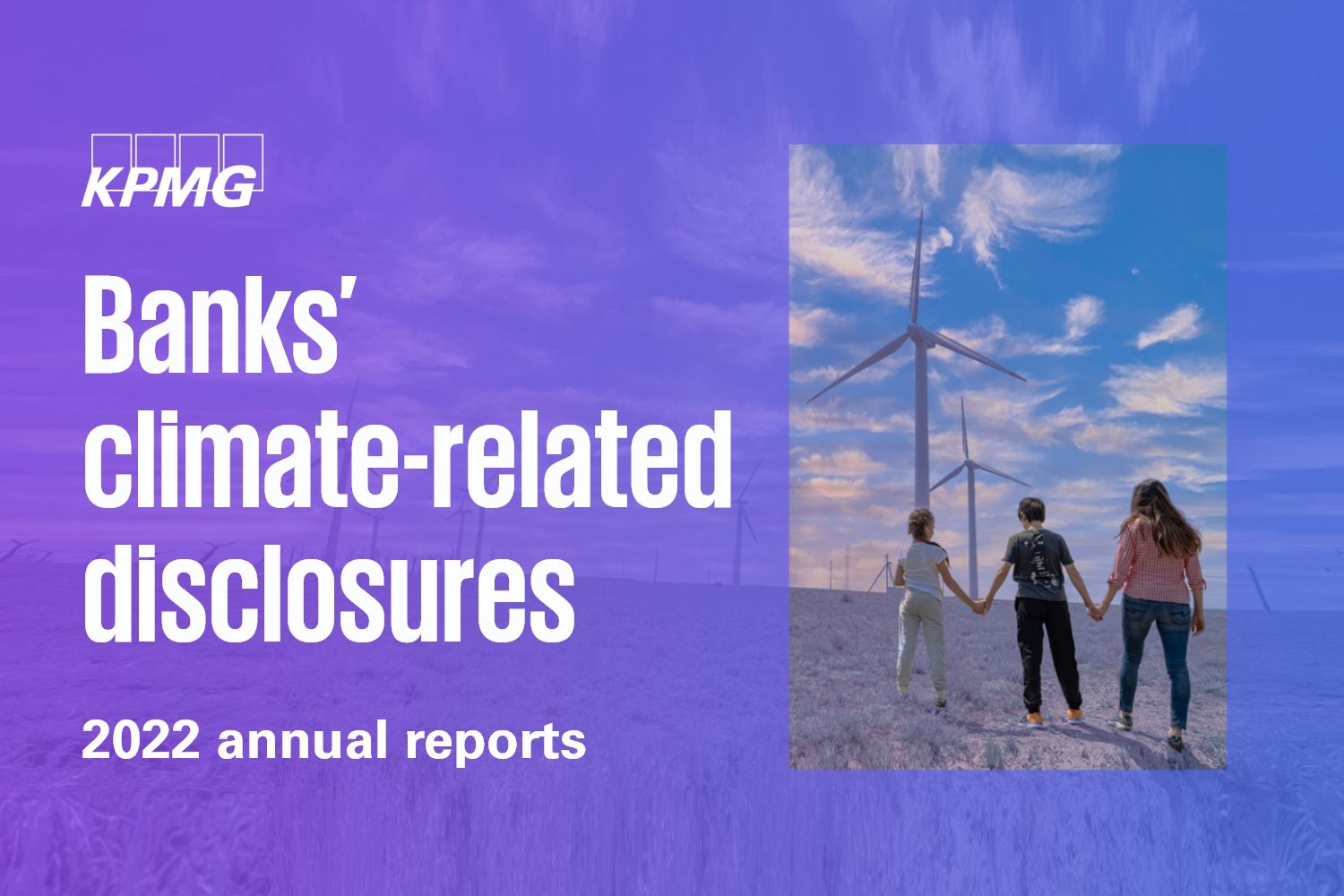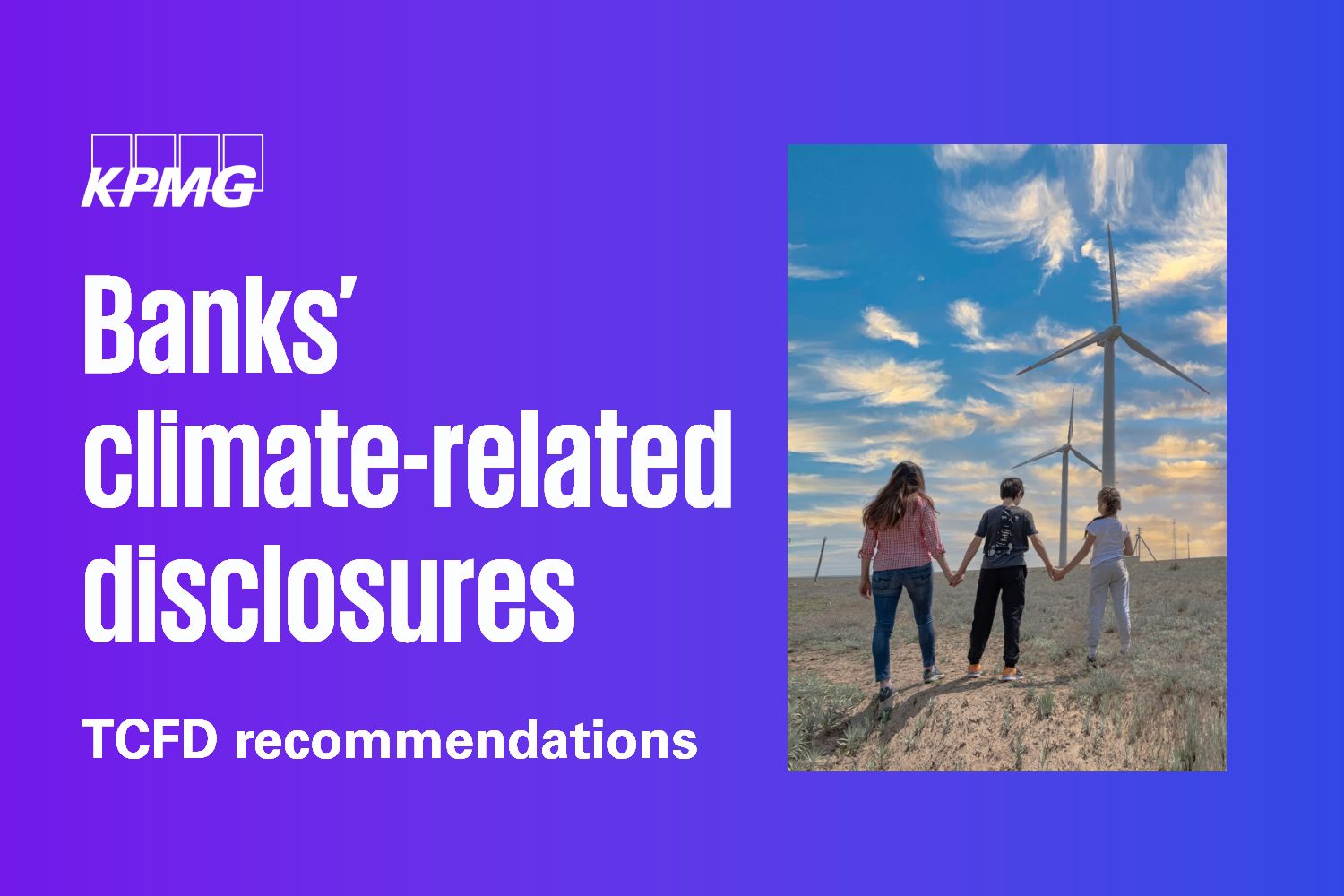Sustainability reporting, including climate, is rapidly evolving and becoming more formalised, with the development of standards in the international regulatory space as well as specific jurisdictions such as the EU and the US. The International Sustainability Standards Board (ISSB) is taking a 'climate-first' approach, as is the US Securities and Exchange Commission (SEC).
Our benchmarking analysis focuses on the climate-related disclosures made by 35 major banks around the world.
There are two phases to our analysis:
- Phase 1: our benchmarking of the banks’ climate-related disclosures in their 2022 annual reports
- Phase 2: banks’ TCFD1 disclosures and climate-related disclosures in other standalone reports.
Enhancing climate disclosures is a central component of the EU Action Plan on Sustainable Finance. While we’ve observed significant improvements in the quantity and quality of climate-related information reported by most banks in Belgium, the market remains fragmented in terms of climate-related disclosures. There are large deviations between banks in terms of size, sustainability positioning, and regulatory obligations.
The most advanced banks are embracing the Task Force on Climate-Related Financial Disclosures (TCFD) recommendations when disclosing climate information. The introduction of the Corporate Sustainability Reporting Directive (CSRD) will also standardize the structure and content information reported and improve comparability in the coming years. Implementing CSRD means that banks will face important implementation challenges but gain access to better information from their clients for internal risk assessment and reporting.
Banks’ 2022 annual reports
Banks’ climate-related disclosures in other standalone reports
1 Task force on Climate-related Financial Disclosures
Explore
Connect with us
- Find office locations kpmg.findOfficeLocations
- kpmg.emailUs
- Social media @ KPMG kpmg.socialMedia
© 2024 KPMG IFRG Limited, a UK company, limited by guarantee. All rights reserved.





